Regal Automobiles Industries Limited has confirmed plans to start assembling electric vehicles in Pakistan from the next year with the assembly of a small car with a maximum mileage of 180 km on a single charge.
Regal is the only automobile manufacturer to assemble DFSK electric vehicles in Pakistan under the plant machinery plus CKD [Completely Knocked Down] supply agreement with DFSK Motor Co. Ltd., according to an official draft made public for listing at Pakistan Stock Exchange.
The company is discussing with multiple vendors for CKD cooperation agreements regarding the supply of parts for this small electric car. It will source the imported raw materials for the electric vehicle as a CKD unit from DFSK.
Regal will set up the electric vehicle assembly line as part of a strategic partnership with DFSK Motor Co. Ltd. through which the company has entered into a Memorandum of Understanding with an exclusive supplier of DFSK Motor Co. Ltd. named ChongQing Sokon Motor (Group) Imp. & Exp. Co. Ltd. for the import of the plant and machinery for the electric vehicle assembly.
A plot of industrial land measuring 3 acres has been allocated within the current freehold land for the project. The import of the plant will begin in December 2021 and the building construction work of the project will start in December 2021.
The project is expected to be completed by February 2023, after which it will begin commercial production.
The government has set a target to produce 100,000 cars in the next five years whereas the two and three-wheeler vehicles will grow to 500,000 in the same period in the country.
Globally, the automobile sector is in a transformation phase from hydrocarbon-based vehicles to environmentally friendly vehicles (hybrid and electric) and the main purpose of this policy is to reduce carbon emissions in order to protect the environment. On the other hand, promoting environment-friendly vehicles is expected to play a key role in curtailing oil imports (oil is the largest import commodity in Pakistan), increasing foreign direct investment in the automobile sector, new employment opportunities, increased awareness of the environment, the potential to lift automobile sector by manifold, and will improve the overall socio-economic situation in the country.
Regal, initiating a project for electric vehicles, will avail the following benefits from the year 2021 till the year 2026.
- The CBU import for all Electric Vehicles will be charged a 10% custom duty
- The imports of CKD for Electric Vehicle assembly will be charged 1% custom duty
- The import of plant and machinery for 4-wheeler Electric Vehicle assembly will be charged a 0% custom duty
- The Electric Vehicle charging equipment will be charged a 1% custom duty
- The retail price of an Electric Vehicle will be exempted from any FED and will only be charged a 1% sales tax
- The import of Completely Built Unit of Electric Vehicle is allowed at a rate of 0% sales tax
- The State Bank of Pakistan (SBP) has given a special window for EV car financing at the rate of 1% SBP rate plus 4% spread.
Global and Domestic Trends
Globally, the sale of electric vehicles rose by 65 percent from 1.27 million units in 2017 to 2.1 million units in 2018 owing to favorable policies by China, US and Europe. During 2019, the number of units sold increased to 2.3 million units, for year-on-year growth of just 9 percent. Comparing the three economies, Europe has seen the strongest growth in electric vehicles, while China has the highest share in global electric vehicle sales. The electric vehicle sales amounted to around 1.2 million units in China during 2019. In the United States, the electric vehicle sales amount to around 320,000 units during 2019. Meanwhile, sales in Europe amount to 590,000 units
In synchronization with global development in the electric vehicle space, the Government of Pakistan is committed to curbing emissions to mitigate and adapt to the harmful effects of climate change. Transportation in Pakistan accounts for 43% of the airborne emissions and therefore, the Government of Pakistan approved the National Electric Vehicle Policy.
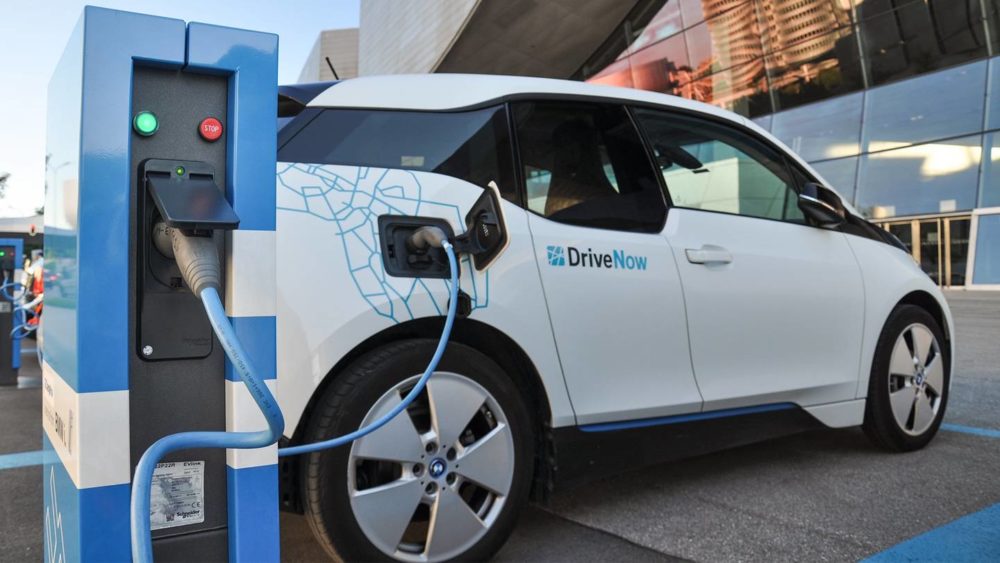

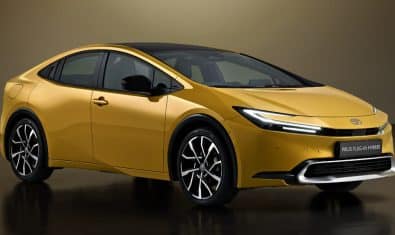
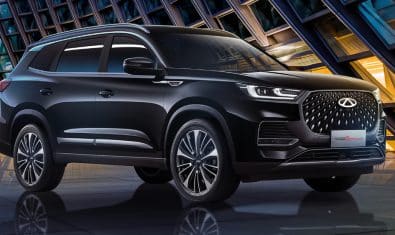
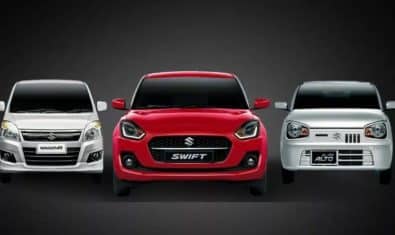

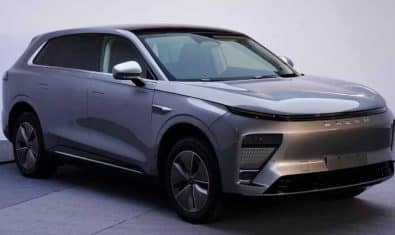
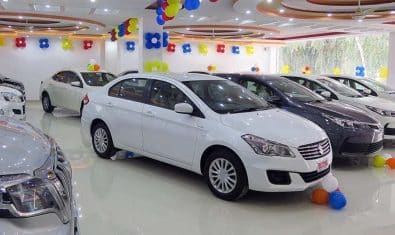
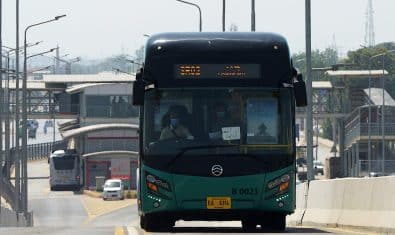




















very nice….in Pakistan whose launch hatchback variants, will be successor.
Looking forward a small EV with auto transmission